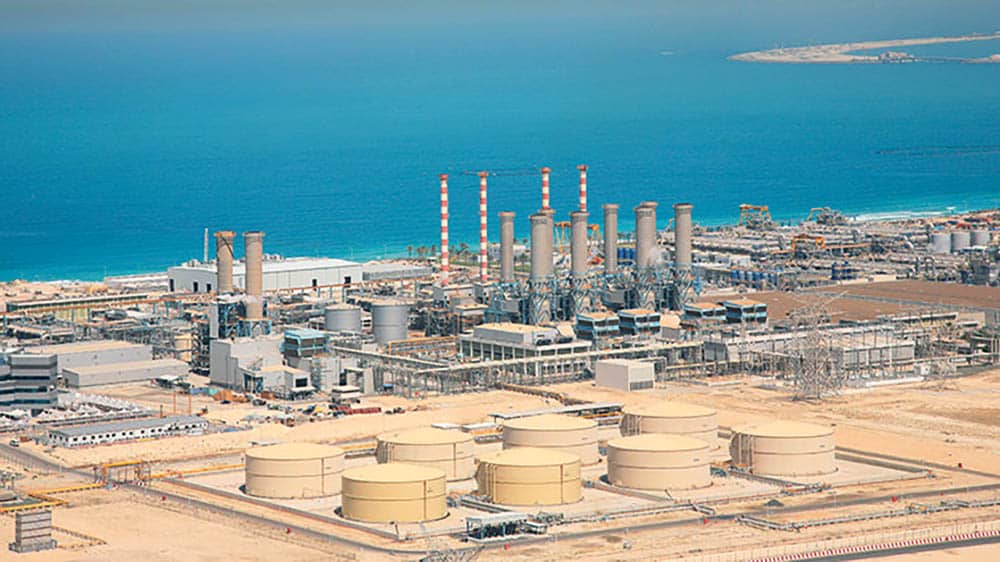“We don’t even have an environmental impact statement!”
Frustration is mounting over the plan – instigated by the last government – to expropriate land for the construction of a massive desalination plant in Albufeira that hasn’t even been cleared ‘environmentally’.
The €90 million project – being paid almost in full through the EU’s Plan for Recovery & Resilience – has numerous detractors, not least the PAS (Platform for Sustainable Water) which explains it will seriously damage the environment, without addressing the real ‘elephant in the room’ which is ‘water efficiency’ (or, rather the glaring lack of water efficiency).
But there are other really pithy issues: legal issues, which environmental lawyer Rui Amores brought up in a newsletter over a month ago.
The Resident presented his misgivings, and sent a series of questions to Águas do Algarve – particularly on the subject of expropriations without the necessary environmental clearance, and about the environmental consequences of channelling millions of cubic metres of untreated brine back into the ocean.
We received back an email that appeared to be a repeat of an early press release on the perceived need for a desalination plant. There were no answers to our questions.
In the meantime, Águas do Algarve has visited the site where it seeks to construct the plant, in a convoy of vehicles, adding to the anxiety of landowners who have already said they will fight the plan to the ‘ultimate consequences’.
Now, Rui Amores has written another newsletter, adding to the observations of the last.
“What is happening is truly extraordinary”, he explains. “We still do not have an environmental impact statement issued by the entity responsible, which is APA (Portuguese Environment Agency). There are already land expropriation processes underway (…) people are being inconvenienced, having to face a procedure that is completely alien to them, being forced to sell their land and/ or oppose the attempted expropriation, all without the environmental impact assessment procedure having been completed.
“For those who don’t know, the environmental impact assessment procedure is a condition for the validity of all subsequent licensing acts”.
Yet, without this intrinsic document, a €90 million tender for the project has already been launched.
This “can only mean one thing”, says Amores: Águas do Algarve already knows that APA will give the project a favourable environmental impact statement (even though technical experts at PAS say it contravenes the ‘do no harm’ terms of PRR funding).
The delay (in announcing APA’s approval) is designed, believes Amores, “to reduce the ability to react of those who oppose the project”.
Amores has already explained all this to APA, he writes. “The fact that a series of acts are being announced before the result of the environmental impact assessment is announced constitutes a fraud”, he contends – a fraud “against principles governing administrative law. The protection of citizens’ rights and interests, good administration, equality, proportionality, impartiality, good faith, collaboration with private parties and participation are already being violated”.
In short, the project “which will serve to pollute, to line the pockets of a few and not solve the problem of the Algarve’s water shortage, is off to a bad start because there is already an attempt to condition opposition and the rights of citizens”.
Amores, like the group of citizens already mobilised against the plant, says the situation “will only embolden” people fighting for what they believe is right.
Long before the elections – in fact in January last year – PSD Algarve also queried this project – mentioning the environmental impact assessment, and the need to know its schedule, as well as the entity and company hired to carry it out.
Regional MPs of the party that is now in government said at the time that it was “urgent” to clarify who will be in charge of running the plant, how much it will cost to build and how much of that cost would be covered by the Plan for Recovery and Resilience.
natasha.donn@portugalresident.com


























